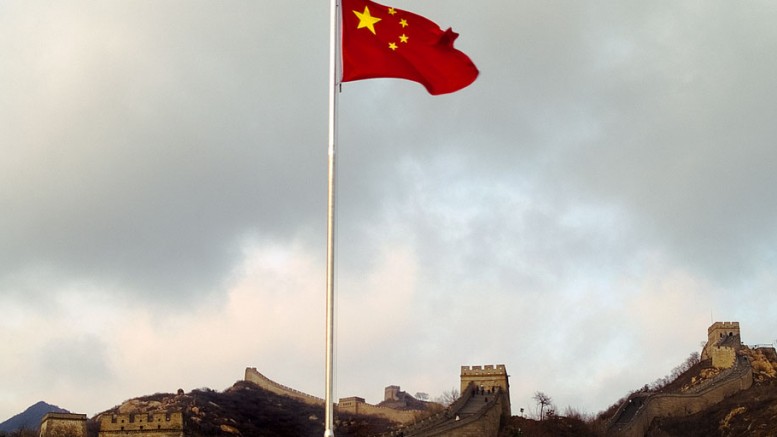Caixin | Last month, the G-20 summit held in Turkey endorsed the G-20/OECD Principles of Corporate Governance. As a G-20 country, China is on board with the standards, too. That means Chinese companies, especially state-owned enterprises, must adhere to the principles. This development, along with the International Monetary Fund’s recognition of the yuan as a reserve currency, can provide an external impetus to reform at home.
Good corporate governance cannot be overstated – it is at the core of modern management of companies. During reform of the state economy about 15 years ago, many SOEs established a Western-style corporate governance structure, which features shareholder meetings, boards of directors and supervisors, and a senior management team. Granted, many of these things exist in name only, but they represent at least a step in the right direction.
The topic has received relatively little attention in discussions about reform in the past decade. Some progress has been made, but major obstacles remain. However, a consensus has emerged that we need to solve problems, such as the concentration of listed companies’ shares in the hands of the state and a lack of a proper incentive mechanism for company executives.
Three months ago, the Communist Party’s Central Committee and the State Council issued a guiding opinion on deepening SOE reform. The document made it a priority to improve the legal person-based structure of corporate governance.
With this renewed emphasis on improving corporate governance, the G-20 principles come at just the right time. By endorsing them, China has committed itself to bringing its corporate management practices up to the highest international standards. Pressure to reach this goal will compel the government to overcome many obstacles at home.
The 60-page document laying out the principles is intended to provide the legal and institutional framework for policymakers to assess and improve corporate performance for the sake of financial stability and economic growth. Instead of a rigid mechanism, it provides globally recognized yardsticks for the evaluation of corporate governance, which will strongly affect investor confidence in a country’s business and legal environment. Many of the requirements, including those for an independent board of directors and equal treatment of all stakeholders, are remedies for the problems Chinese companies face.
Reforming SOEs is particularly difficult because of the complex and often conflicting goals set for their managers. The firms’ incentive mechanisms are not aligned with shareholder interests, and their management lacks transparency.
In light of this, reformers can turn to the principles for guidance. They emphasize information disclosure, stipulating that, for example, all information that a rational investor would need to make decisions, such as changes in a firm’s equity structure and executive salaries, should be published regardless of whether the company is listed on a stock exchange.
In a healthy enterprise, the board of directors, acting in a fiduciary capacity bestowed upon it by shareholders, gives professionals the responsibility to manage independently. The principles set out the rights and duties of shareholders, directors and professional managers at enterprises. These hold true regardless of whether a company is state controlled or privately owned.
This represents a big challenge for China’s SOEs. It implies that the state must withdraw from the daily management of the companies to focus on the returns of investment. This is no small task. At the very least, it requires a structural overhaul of corporate governance. The role of the party committees in SOEs also needs reexamination. There is still a long way to go toward achieving this goal, but it has to be done or SOEs will fail.
Better corporate governance becomes all the more important as China becomes more influential in global business and economic arenas. We have agreed to the principles and must now follow their requirements. They are supplemented by a host of documents regarding corporate governance put forward by OECD countries. China should borrow from their experiences and hold its companies to the same high standards in governance.





